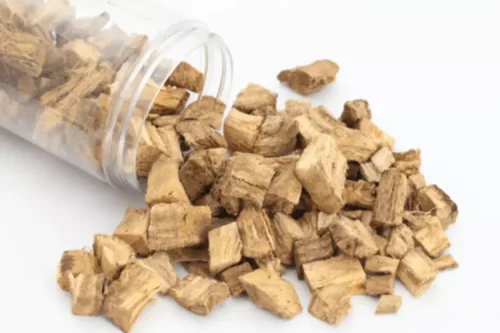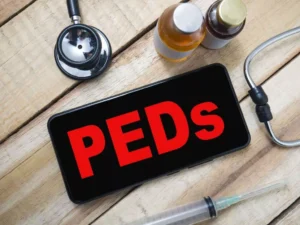
It’s important to note that the body can only metabolize a certain amount of alcohol per hour. Consuming alcohol faster than the liver can metabolize it leads to increased blood alcohol concentration (BAC), which can result in intoxication and impairment. Navigating the aftereffects of alcohol consumption is a common challenge, sparking widespread curiosity about how to efficiently clear it from the system.

Alcohol Detox Process

Drinking stronger alcoholic beverages can accelerate the absorption rate. This causes alcohol to stay in your system for longer periods of time. The liver breaks down most of the alcohol, though the substance also passes through the kidneys, urine, skin and lungs. There’s a bit of truth to the phrase, “sleep it off.” Sleep allows your body to rest and recover. Sleeping won’t physically remove alcohol from your system, however, it will give your body time to rest so it can effectively remove alcohol from your system. The longer alcohol is in your body, the stronger the effect it has.
- Breath tests for alcohol usually detect consumption within the past 4 to 6 hours.
- While no specific foods can instantly speed up alcohol metabolism, certain dietary practices can support liver function and overall metabolism.
- Alcohol withdrawal is a potentially serious complication of alcohol use disorder.
- Furthermore, detoxification plays a vital role in improving your mental well-being.
What is Alcohol Detox?
Your body flushes the alcohol out of your system steadily but slowly. As a result, if you drink a lot or very quickly, some unmetabolised alcohol will linger in your blood, leading to intoxication. A balanced diet not only supports your body’s detoxification processes but also improves your overall health, making it easier to recover from alcohol consumption. Inpatient usually offers more services, but it tends to cost more. Outpatient is a less-expensive option that’s generally safe and effective for people with mild or moderate alcohol withdrawal.
Increase Your Water Intake

The liver gets most of the attention when it comes to alcohol metabolism. It’s illegal in every U.S. state to drive with a blood alcohol concentration (BAC) of 0.08 or higher. To avoid getting too drunk, stick with drinks with low alcohol content, such as light beer. If someone you know has been drinking heavily, try to keep them upright for a few hours.

You might experience some, all, or none of these, depending on the length and intensity of your addiction. Exercise is an effective strategy for expediting detoxification. Engaging in regular physical activity boosts your metabolism, facilitates sweating, and enhances overall circulation. Furthermore, detoxification plays a vital role in improving your mental well-being. Methamphetamine use often leads to cognitive impairments, including memory loss and difficulty concentrating.

Recovery Story: Sam and Her Mother
Severe impairment also increases your risk of alcohol overdose and loss of consciousness. Factors that determine how long alcohol stays in your body include liver size, body mass and the amount of alcohol consumed. A small amount of alcohol is removed from the body through sweat, urine and respiration. Alcohol can be detected in sweat, ways to get alcohol out of your system urine and the breath for at least as long as the liver is breaking down alcohol. Alcoholic beverages such as beer, wine and liquor break down differently in each person’s body. The substance is absorbed into the bloodstream through the stomach and the walls of the small intestines, affecting the kidneys, bladder, liver, lungs and skin.
- The complex carbohydrates in whole grains help absorb the extra alcohol in your system and provide much-needed B vitamins that are lost when you drink.
- These in-person or online groups can help you feel supported and less alone as you navigate recovery.
- Joining a specialized program is ideal if you want to remove alcohol from your body.
- You can, however, take tips and suggestions on how you can make the experience a little easier.
- AUD treatment failures are more likely when we do not treat comorbidities.



